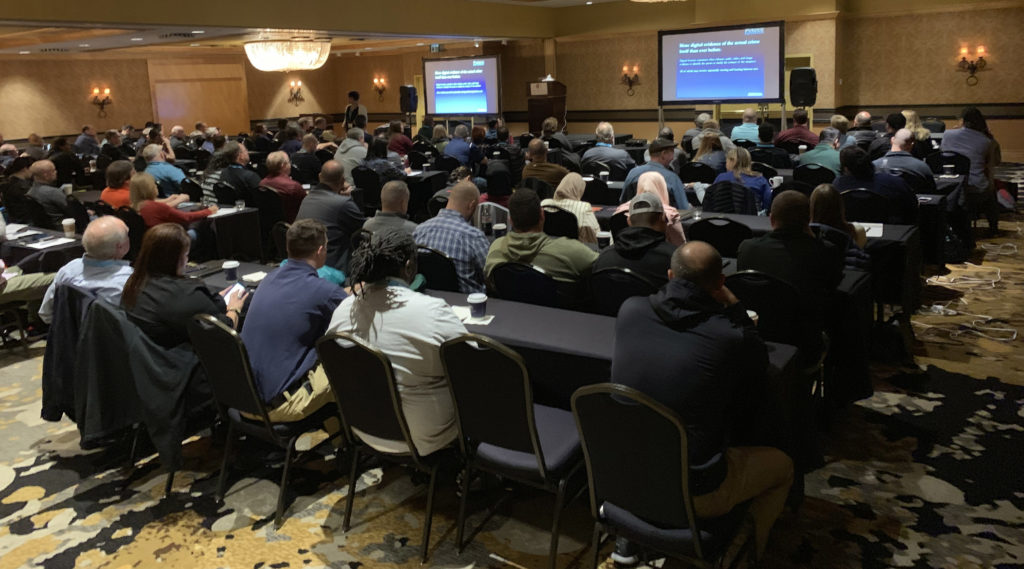The science of forensic video analysis contains a significant number of technical terms. In order to help ensure one has access to a resource to learn the meaning of such terms, a glossary was developed.
This glossary was created by the Scientific Working Group on Digital Evidence (SWGDE) and endorsed by LEVA. Click HERE to access.
The quickest place for classes updates is on the LEVA website, www.leva.org or contact Troy Lawrence, LEVA Deputy Executive Director, troy. lawrence@leva.org


